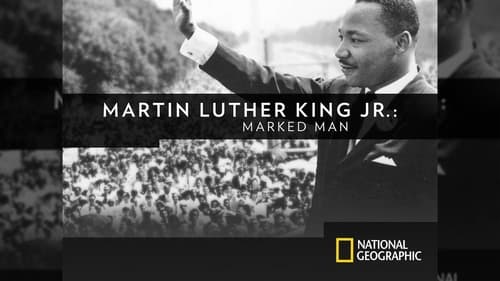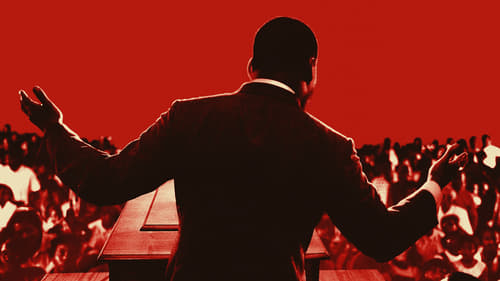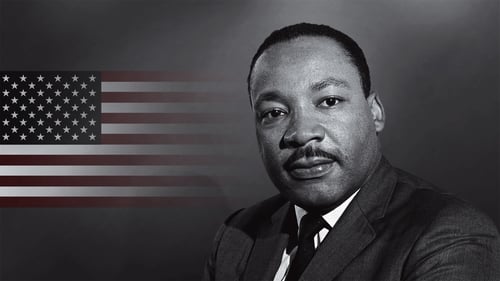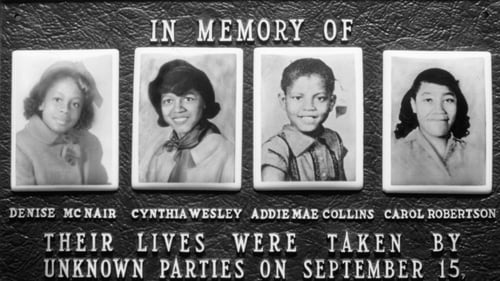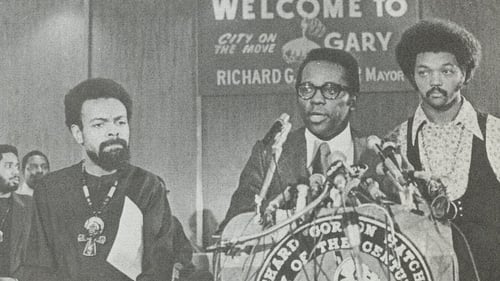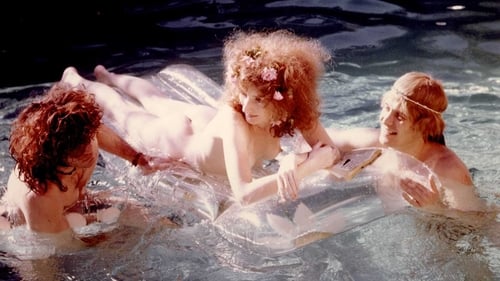Coretta Scott King
出生 : 1927-04-27, Heiberger, Alabama, USA
死亡 : 2006-01-30
略歴
Coretta Scott King (née Scott; April 27, 1927 – January 30, 2006) was an American author, activist, civil rights leader, and the wife of Martin Luther King Jr. As an advocate for African-American equality, she was a leader for the civil rights movement in the 1960s. King was also a singer who often incorporated music into her civil rights work. King met her husband while attending graduate school in Boston. They both became increasingly active in the American civil rights movement.
King played a prominent role in the years after her husband's assassination in 1968 when she took on the leadership of the struggle for racial equality herself and became active in the Women's Movement. King founded the King Center, and sought to make his birthday a national holiday. She finally succeeded when Ronald Reagan signed legislation which established Martin Luther King, Jr., Day on November 2, 1983. She later broadened her scope to include both advocacy for LGBTQ rights and opposition to apartheid. King became friends with many politicians before and after Martin's death, including John F. Kennedy, Lyndon B. Johnson, and Robert F. Kennedy. Her telephone conversation with John F. Kennedy during the 1960 presidential election has been credited by historians for mobilizing African-American voters.
Description above from the Wikipedia article Coretta Scott King, licensed under CC-BY-SA, full list of contributors on Wikipedia.

